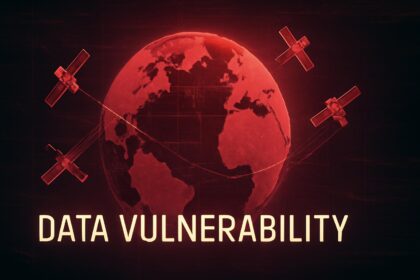Allegations of Research Fakery Shine Light on Scientific Integrity
Allegations of research fakery have recently plagued a prominent cancer center, raising important questions about scientific integrity and the role of amateur investigators in uncovering fraudulent practices. The Dana-Farber Cancer Institute has made headlines by announcing its request for retractions and corrections on numerous scientific papers, following the identification of problems by a British blogger. Sholto David, a 32-year-old scientist-sleuth from Wales, has gained recognition for detecting image manipulation in published research papers through his keen eye for cut-and-paste techniques. David is not alone in his efforts, as other advocates for scientific integrity also contribute to the scrutiny of researchers and science journals.
British Scientist-Sleuth Exposes Research Fakery at Dana-Farber Cancer Institute
In a groundbreaking turn of events, a British blogger named Sholto David has exposed research fakery at the esteemed Dana-Farber Cancer Institute. David’s meticulous eye for detail led to the discovery of cut-and-paste image manipulation in several scientific papers, prompting the cancer center to request retractions and corrections. This revelation has ignited a crucial debate on scientific integrity and emphasizes the importance of amateur investigators in maintaining the rigor of research.
The Rise of Amateur Sleuths: Uncovering Image Manipulation in Scientific Research
Amateur sleuths are emerging as key players in the crusade for scientific integrity, as they meticulously scrutinize scientific papers for any signs of image manipulation. Sholto David, a scientist-sleuth from Wales, has gained prominence for his ability to detect cut-and-paste manipulation in published research. His recent exposé of fraudulent practices at the Dana-Farber Cancer Institute has shed light on the vital role played by these hobbyist investigators in maintaining the credibility of scientific research.
Scientific Papers Under the Microscope: Dana-Farber Cancer Institute Requests Retractions and Corrections
The prestigious Dana-Farber Cancer Institute is under scrutiny following allegations of research fakery. Six retractions and 31 corrections have been requested after image manipulation was flagged by a British blogger, Sholto David. This controversy serves as a stark reminder of the importance of maintaining scientific integrity and highlights the increasing influence of amateur investigators in holding researchers and science journals accountable for their work.
Champions of Scientific Integrity: Amateur Sleuths Push for Accountability in Research
Amateur investigators are taking on a crucial role in ensuring scientific integrity by uncovering image manipulation in published research papers. Leading the charge is Sholto David, a British scientist-sleuth whose keen eye for cut-and-paste manipulation has exposed fraudulent practices at the Dana-Farber Cancer Institute. These champions of scientific integrity are keeping researchers and science journals on their toes, advocating for accountability and the pursuit of truthful scientific discoveries.
Maintaining Scientific Integrity: The Task of Amateur Investigators
Amateur investigators, such as the renowned scientist-sleuth Sholto David, are playing a vital role in upholding scientific integrity. Through their dedication and meticulous examination of published research papers, these hobbyist detectives are uncovering instances of image manipulation and raising awareness about fraudulent practices. As the recent revelations at the Dana-Farber Cancer Institute demonstrate, the scrutiny of amateur investigators is an integral component for maintaining the accuracy and credibility of scientific research.
Analyst comment
Positive news: The British blogger, Sholto David, has exposed research fakery at the highly regarded Dana-Farber Cancer Institute, prompting retractions and corrections. This highlights the importance of amateur investigators in maintaining scientific integrity and the credibility of research.
Market impact: The market may experience a short-term dip as investors question the credibility of scientific research from other institutions. However, this event may also lead to increased scrutiny and transparency in the scientific community, ultimately improving trust in research findings.













